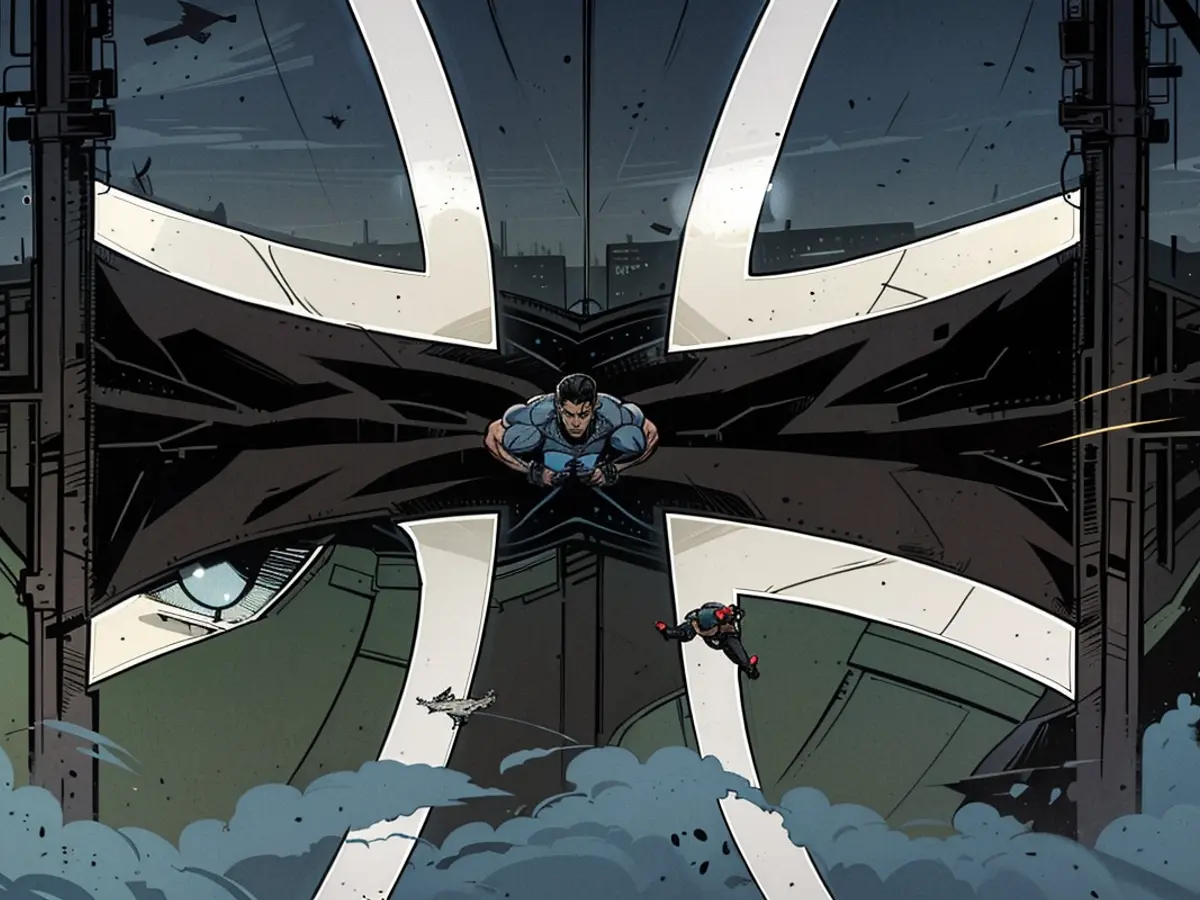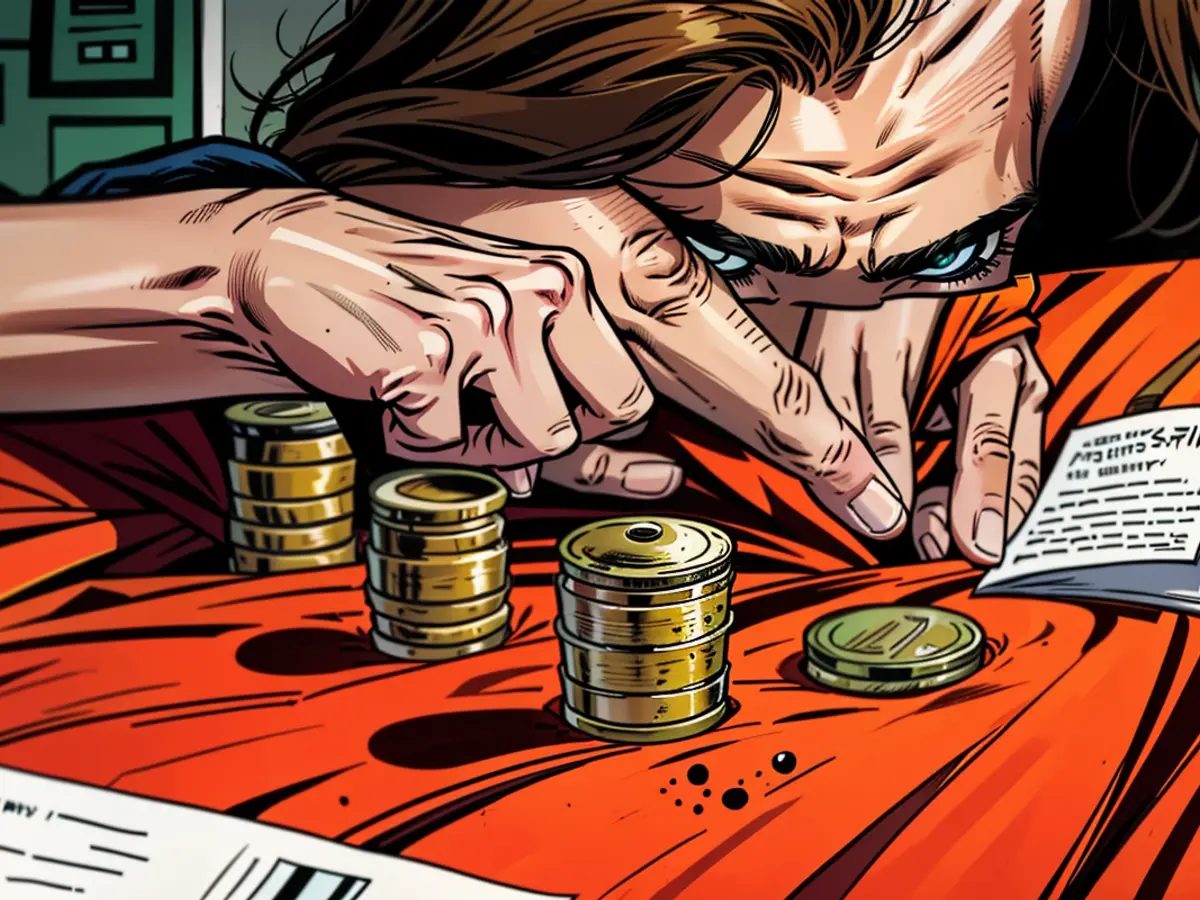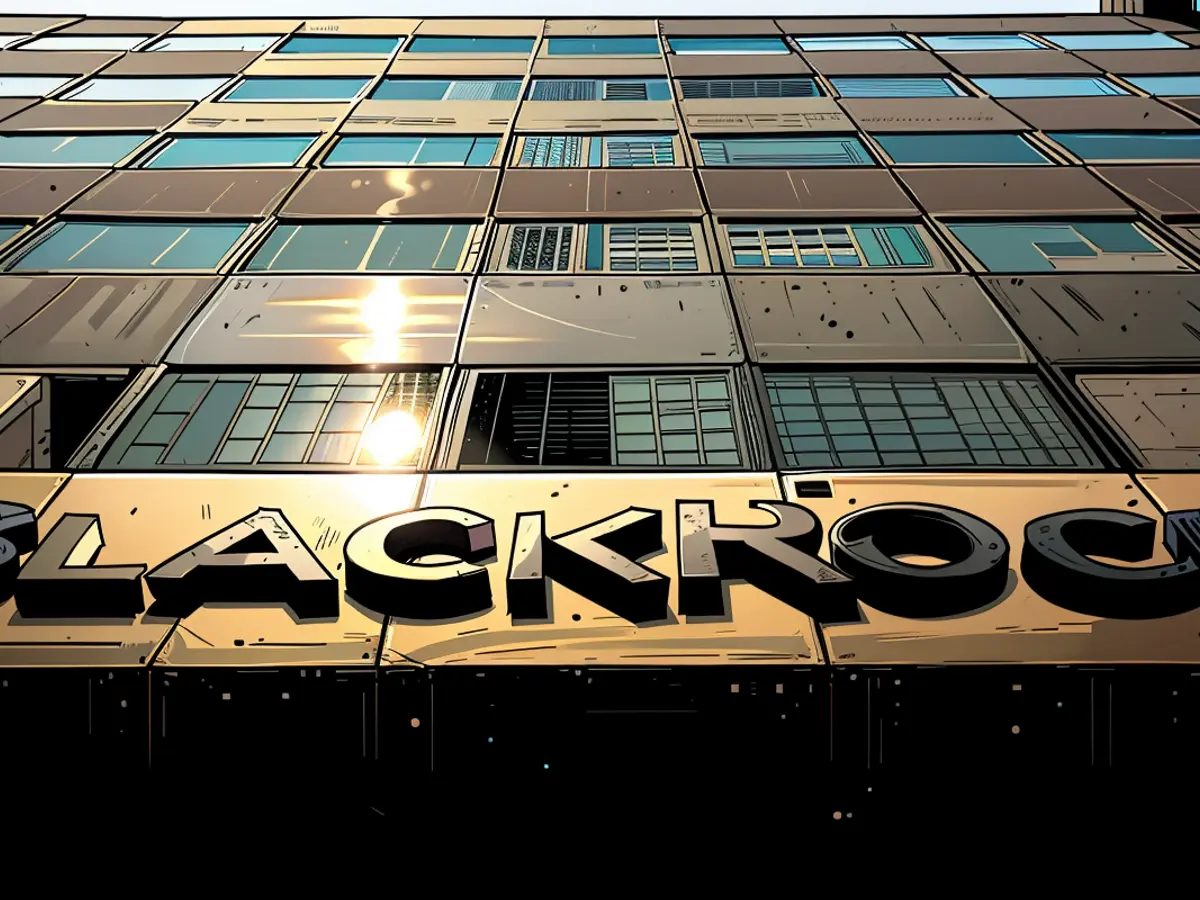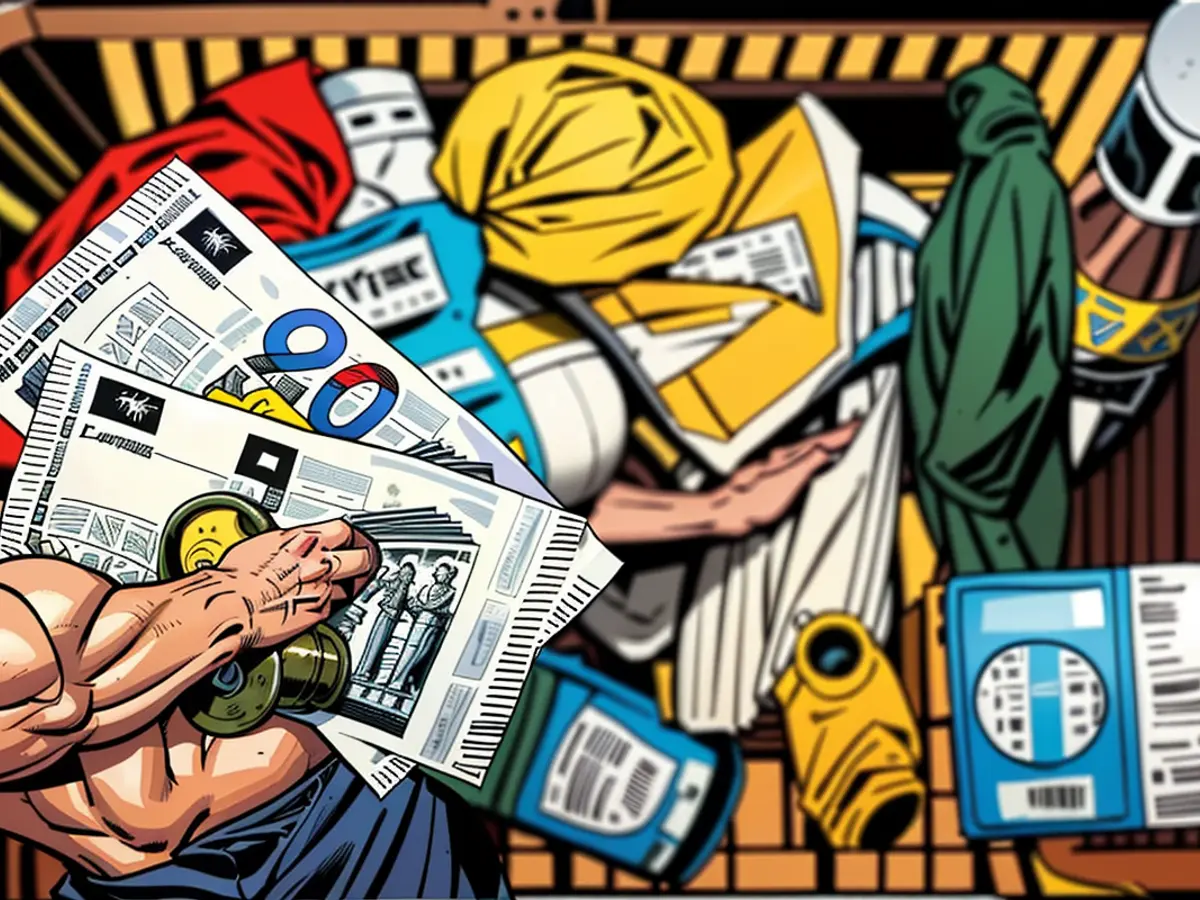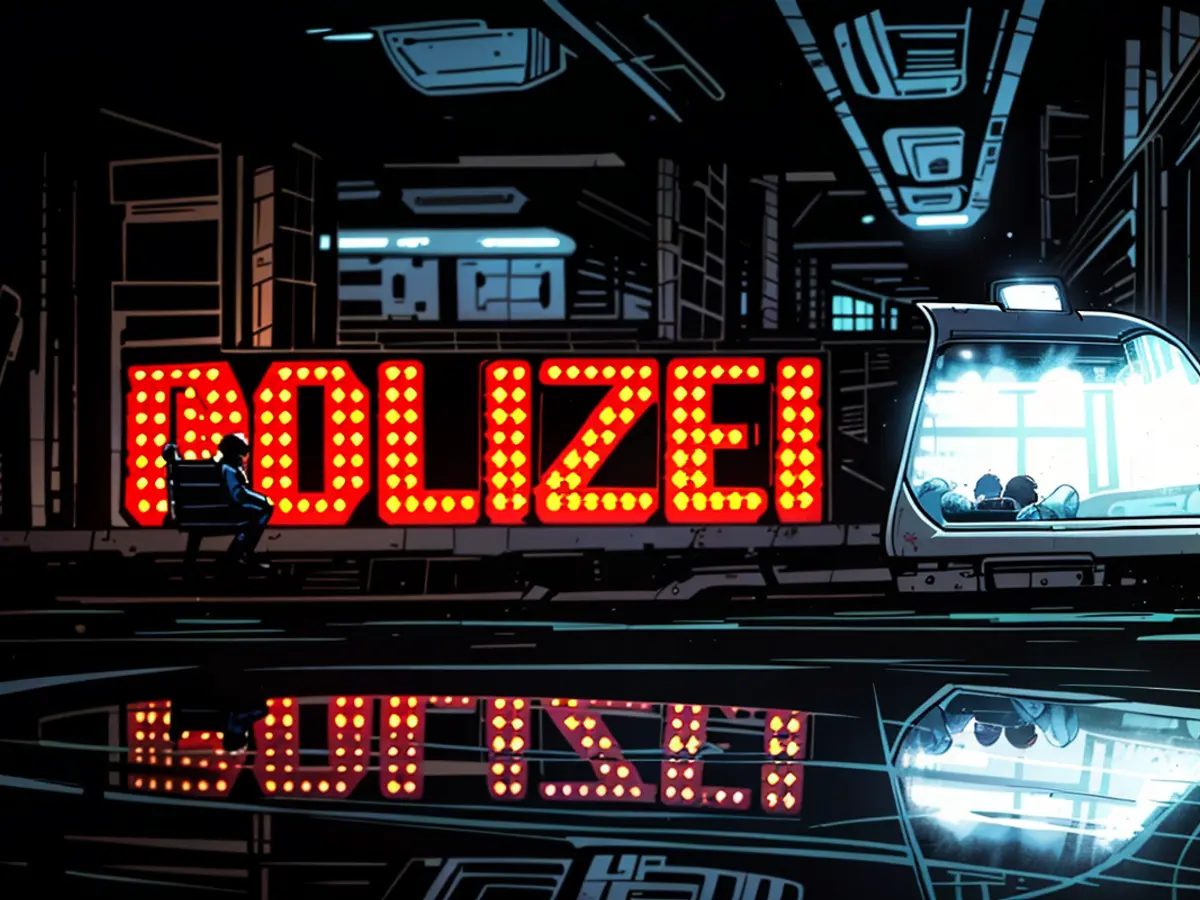Firm ANC searches for potential alliance collaborator
In the recent South African elections, the ANC (African National Congress) lost significantly but remains the most powerful party. If they wish to avoid leading as a minority government, they'd need to find coalition partners, who have their own demands.
After a monumental loss in the South African parliamentary elections, the long-ruling ANC seeks discussions with other parties to create a coalition government. According to ANC Secretary General Fikile Mbalula, they aim for a government that "represents the people's wishes, is secure, and efficiently runs the country".
The potential coalition partners have a condition that President Cyril Ramaphosa steps down, which was firmly rejected by the ANC. Mbalula stated, "Ramaphosa will remain ANC leader."
The ANC welcomes collaboration with any other party. Still, "no political party will dictate terms to the ANC," stressed Mbalula. Despite losing a substantial majority, the ANC maintains its role in South African politics since the end of apartheid in 1994.
Mbalula emphasized that talks will take place in the upcoming days, highlighting the importance of leaders working in the best interests of the nation.
Over 17 percentage points in decline
After counting 99.91% of the votes, the ANC under President Cyril Ramaphosa received 40.2% of the votes. This signifies the loss of absolute majority. In 2019, they had 57.5% support. Such defeat is unsettling for the party associated with anti-apartheid fighter and former President Nelson Mandela. "Celebrating is not an option," highlighted Mbalula. "We want to reassure South Africa that we understand their grievances."
There's a likelihood that the ANC, having lost considerable support, will make attempts to form a coalition or minority government. In June, the MPs are to elect the next head of state for the second-largest African nation by industrial output.
The Democratic Alliance (DA), South Africa's largest opposition party, secured 21.8% of the voters' votes. The MK (Jacob Zuma's party) garnered 14.6%. The latter was only established a few months ago. The EFF (a left-leaning radical party) acquired 9.5% of the votes.
Around 27.6 million registered voters were requested to vote on Parliament's composition on Wednesday. The voter turnout of 58.6% is lower than the 66% recorded in 2019.
The parliament must assemble within 14 days post-announcement of final election results and elect a president. Difficult negotiations on government formation are expected. The MK declared that one of their required terms for an agreement is Ramaphosa's removal as ANC chairperson and president.


